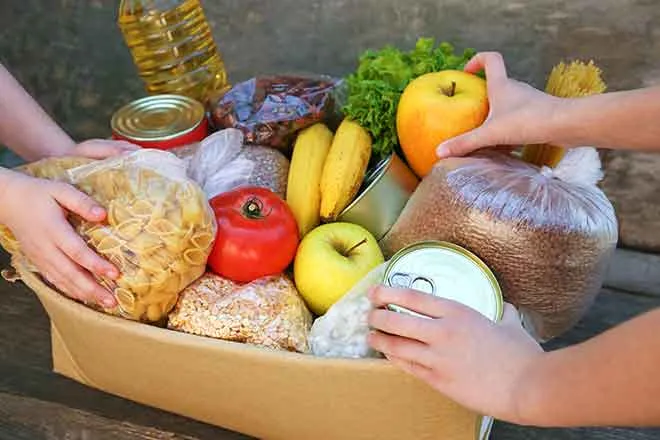
Dear Dietitian – Is rationing insulin dangerous?
Dear Readers,
Chances are you know someone who has diabetes. According to the Centers for Disease Control, nearly 30 million Americans have the disease. There is type 1 diabetes, where the pancreas no longer secretes insulin, so the patient must take insulin shots. With type 2 diabetes, the pancreas secretes insulin, but either it is not enough to keep blood sugars under control or the body cannot use it efficiently. People with type 2 diabetes sometimes take insulin in addition to oral medication.
As with any chronic illness, there are costs associate with management, and many people who have diabetes must take insulin in order to maintain a healthy lifestyle. The cost of insulin has skyrocketed in recent years, nearly tripling from 2002 to 2013.
Due to the rising cost of insulin, some diabetics are rationing their insulin. This is dangerous. If a person knew his heart would stop beating if he didn’t take his medication as prescribed, he would certainly understand the seriousness of his condition. However, with diabetes, the damage done to the body from high blood sugars is not readily apparent. It takes place over time and can lead to kidney problems and dialysis, blindness, loss of limbs, and nerve damage. Even more disastrous, if someone has type I diabetes and does not take the right amount of insulin, blood sugars will rise and may lead to diabetic ketoacidosis (DKA). DKA occurs when there is not enough insulin in the body. It then burns fat inefficiently, causing a buildup of ketones. These ketones cause the blood pH to be acidic, a condition in which the body cannot survive. If left untreated, DKA may lead to coma and death.
There is a solution. There are other insulins on the market that are much less expensive but still effective in controlling blood sugar levels. When taking other types of insulin, such as Regular or NPH, it is important to be consistent in your carbohydrate intake and eat at regular mealtimes. You may also need planned snacks to avoid low blood sugars.
There are less expensive ways to obtain medical treatment for diabetes. According to the American Diabetes Association, there are local community health clinics and pharmacies in your area. These clinics are generally free to patients or require a small fee. Go to https://findahealthcenter.hrsa.gov/orhttp://www.nafcclinics.org/find-clinicto find a clinic in your area. These clinics often have a Registered Dietitian (R.D.) on staff to help you with meal planning.
There is also help available to pay for insulin. Most pharmaceutical companies offer financial assistance programs if you can’t afford your medication. There are programs to assist those who do not have insurance to obtain their medications at little or no cost. One such program is Partnership for Prescription Assistance (pparx.org). Visit diabetes.org and search ‘prescription assistance’ for more information.
Whatever you decide, please take your insulin as prescribed. Sometimes it’s a matter of learning how to navigate the system in order to get what you need. If you have questions, please email me. I am happy to help!
Be well,
Dear Dietitian
Leanne McCrate, RD, LD, CNSC, aka Dear Dietitian, is a Registered Dietitian based in Missouri. Her mission is to educate the public on sound, evidence-based nutrition. Do you have a nutrition question? Email her at DearDietitian411@gmail.com.

















